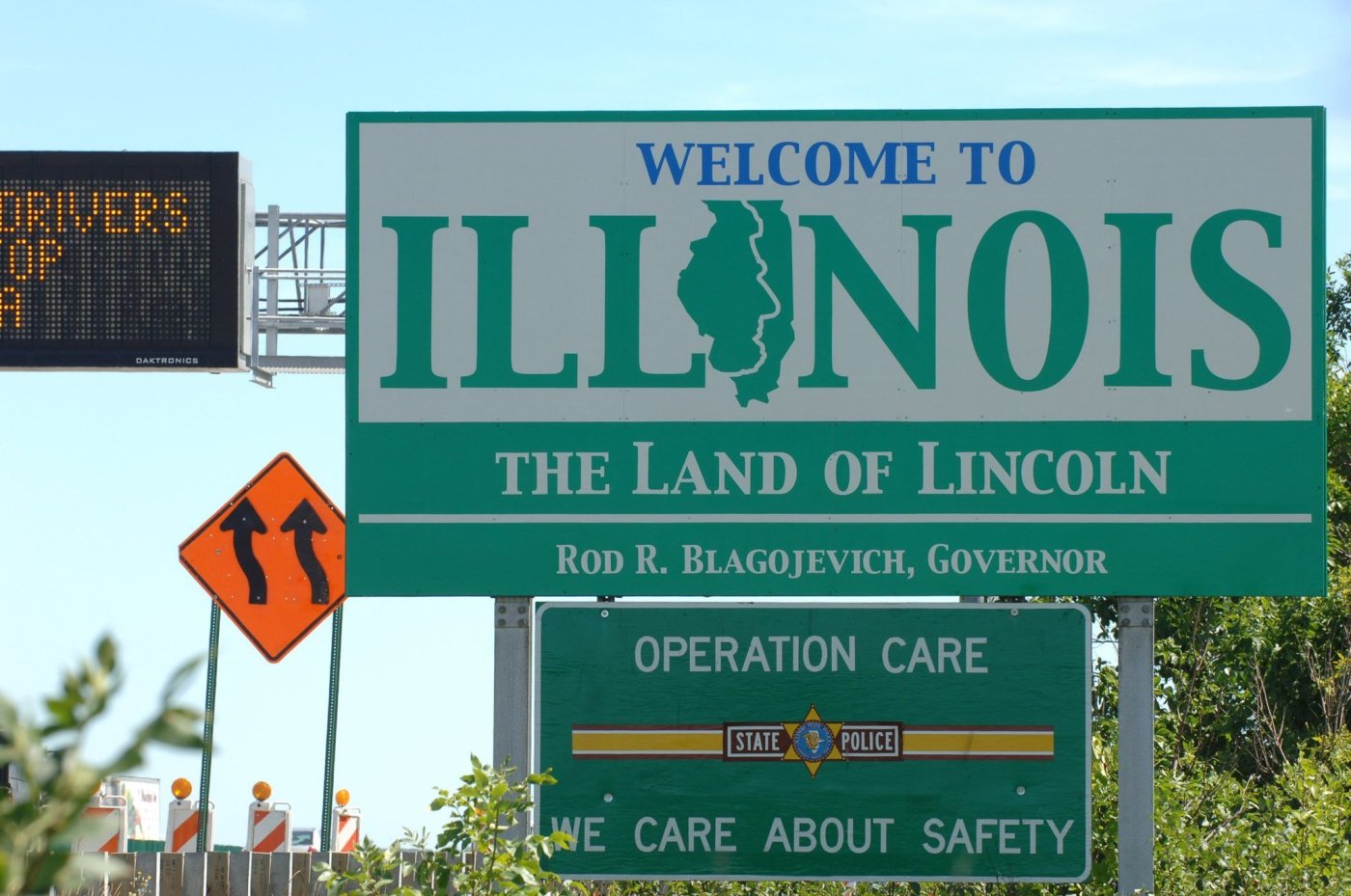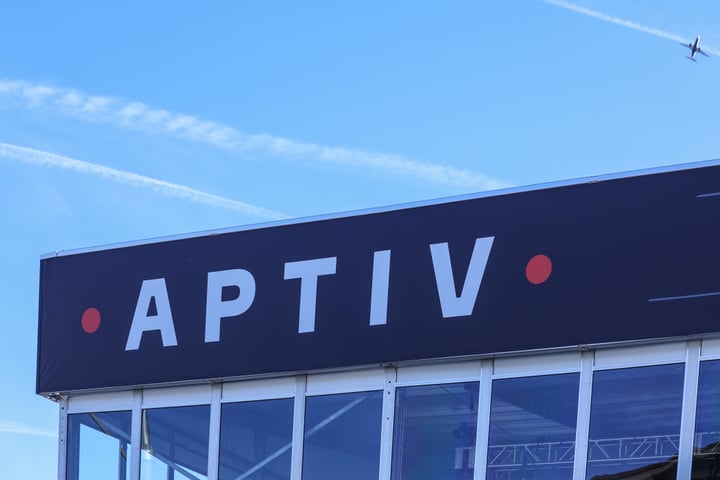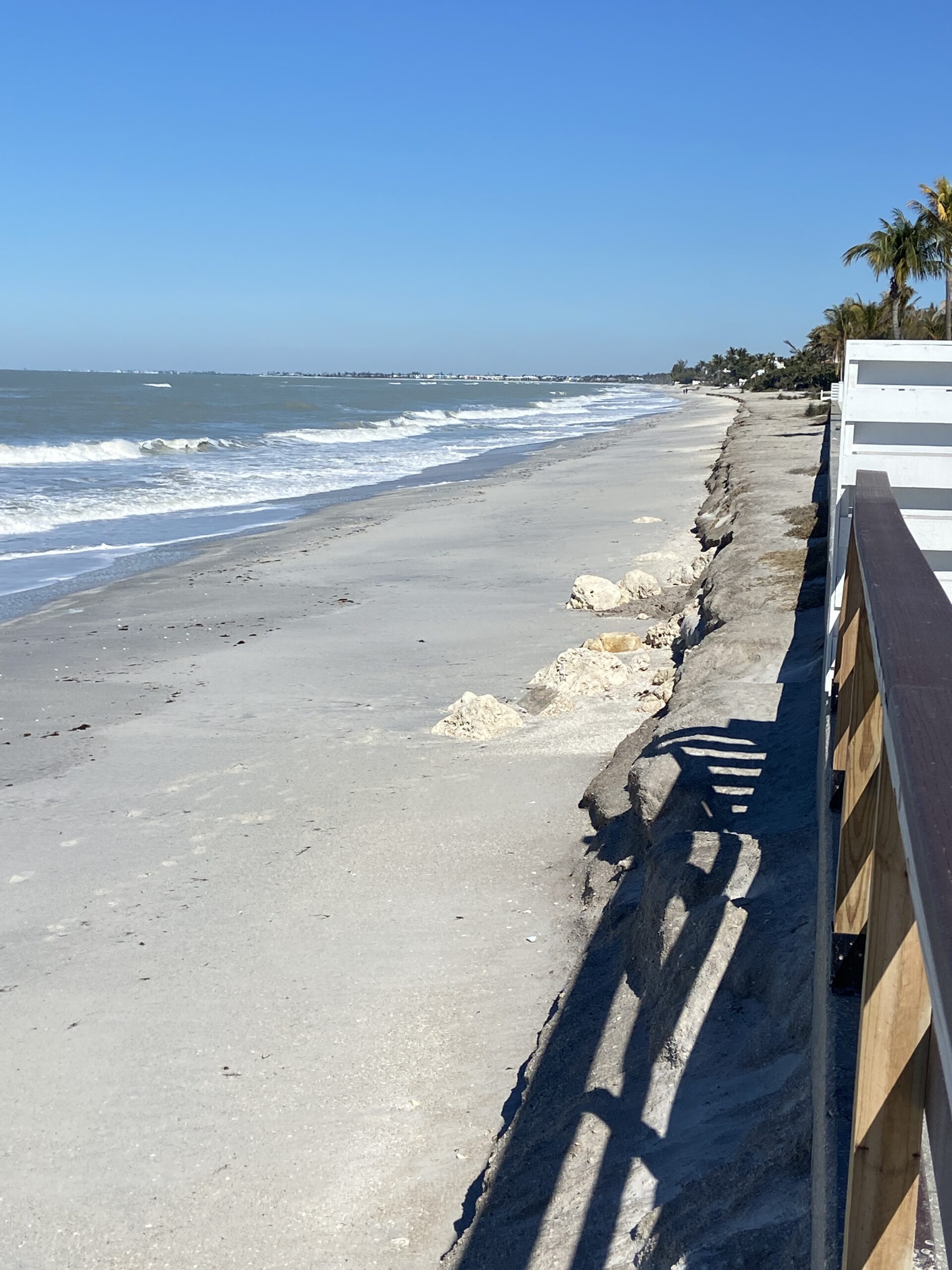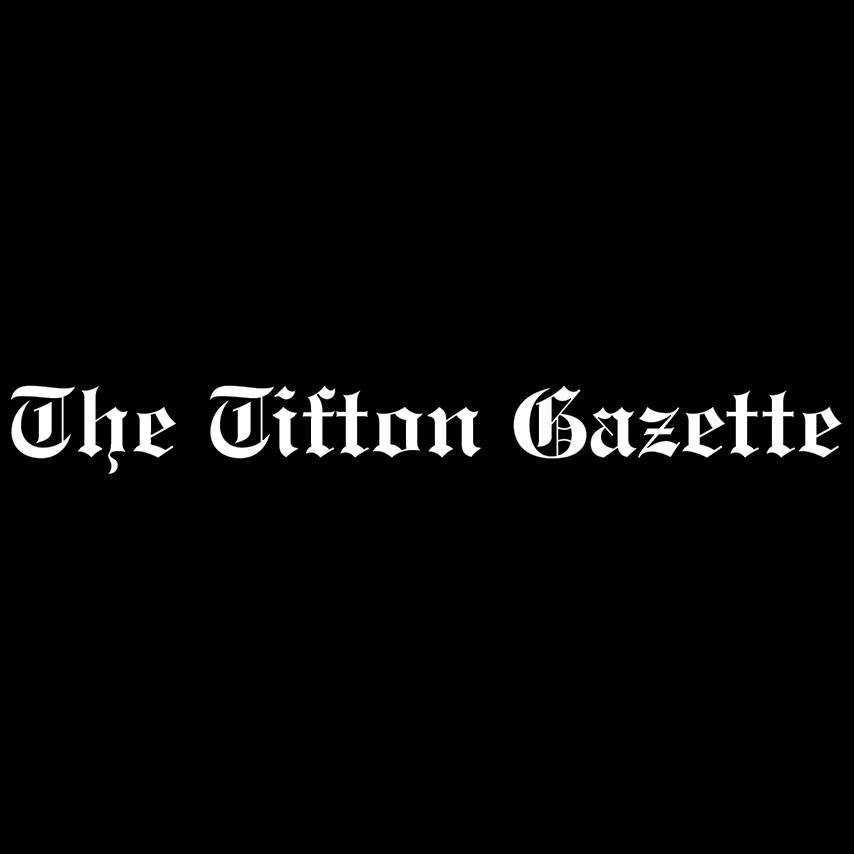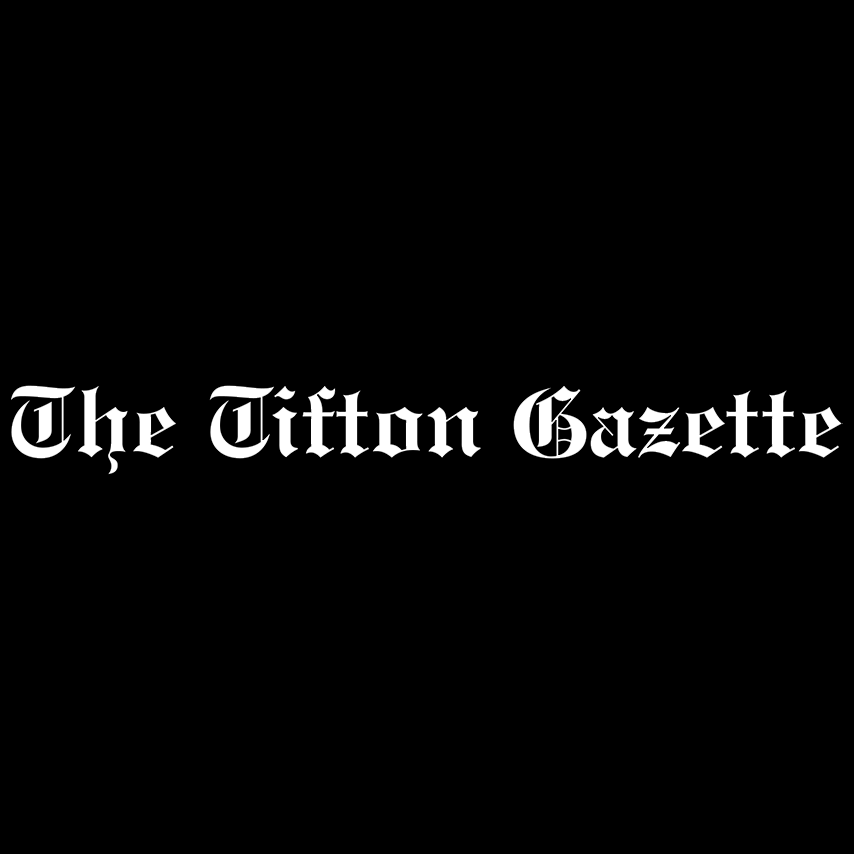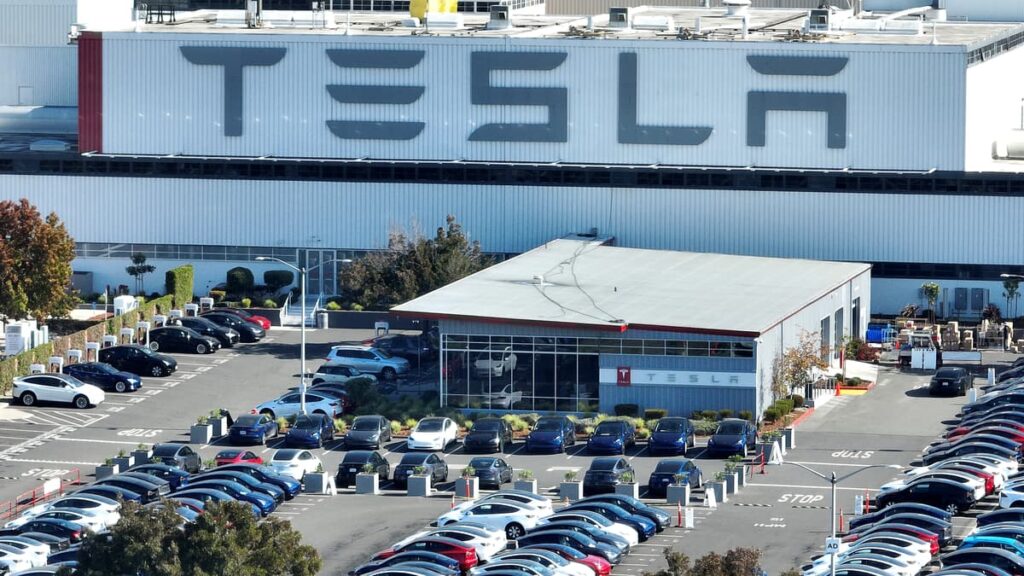
Electric vehicle manufacturer Tesla, founded by billionaire Elon Musk, is facing a proposed class-action lawsuit alleging systematic discrimination against U.S. citizens in its hiring and firing practices. The complaint, filed on March 15, 2024, in a federal court in San Francisco, claims that Tesla favors H-1B visa holders to reduce labor costs, disadvantaging American workers.
The lawsuit was initiated by two U.S. citizens: software engineer Scott Taub and human resources specialist Sofia Brander. They assert that they were denied employment at Tesla after the company learned they did not require visa sponsorship. The plaintiffs allege this practice violates federal civil rights laws, according to a report from Reuters. Tesla has not yet responded to requests for comment regarding the allegations.
The proposed class action aims to represent all U.S. citizens who were either rejected for employment or terminated by Tesla. The plaintiffs seek compensation for those affected. If the case is certified, it could involve a substantial number of individuals.
The legal filing highlights that Tesla’s preference for H-1B workers disproportionately affects American citizens, particularly in skilled roles. The complaint states, “While visa workers make up just a fraction of the United States labor market, Tesla prefers to hire these candidates over U.S. citizens, as it can pay visa-dependent employees less than American employees performing the same work, a practice in the industry known as ‘wage theft.’”
Scott Taub claims he was explicitly told that one position was “H-1B only” and was subsequently excluded from consideration for another role. Sofia Brander, who previously worked for Tesla as a contractor, alleges she was denied interviews for two positions despite her direct experience with the company.
The lawsuit references Tesla’s hiring data, noting the company employed approximately 1,355 H-1B workers in 2024 while laying off over 6,000 U.S.-based employees. This juxtaposition raises concerns about the company’s commitment to hiring American workers.
Additionally, the complaint cites a social media post from Elon Musk on December 27, 2024, where he described the H-1B visa program as “critical” for himself and key employees at his companies, including Tesla and SpaceX.
As this legal battle unfolds, the implications for Tesla’s hiring practices and its relationship with U.S. workers remain to be seen. The outcome could potentially reshape the company’s approach to labor and employment in the highly competitive electric vehicle market.
